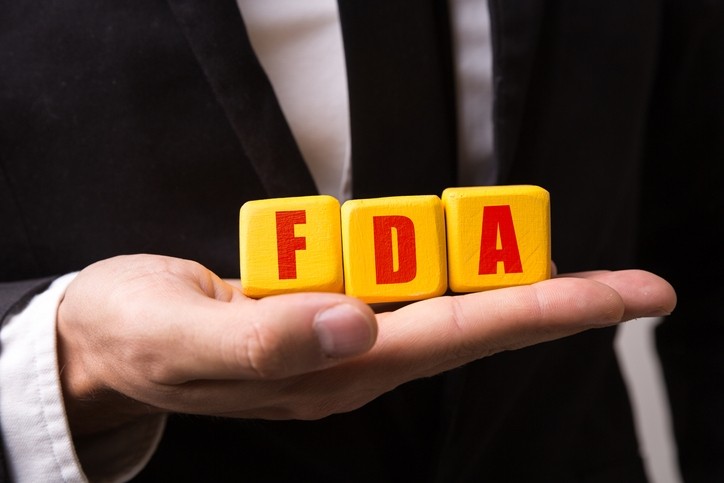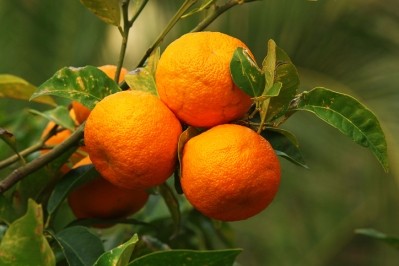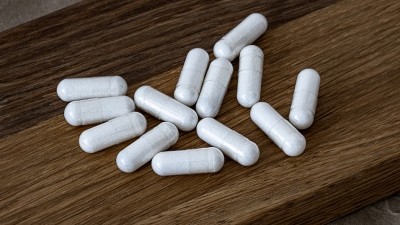FDA signals it won’t go after NAC, but legal issues remain unresolved

In a constituent update issued yesterday the US Food and Drug Administration denied two citizens petitions, one filed by the Council for Responsible Nutrition and the other by the Natural Products Association, that demanded that NAC be acknowledged as a legal dietary ingredient.
FDA has tacitly allowed NAC products to be sold as dietary supplements for a number of decades. It was only in July 2020, as part of a series of warning letters sent to companies marketing hangover cures, that the Agency declared that NAC was not a legal dietary ingredient because of its prior use as a drug.
Ingredient on market for decades, without safety concerns
NAC, or N-acetyl-L-cysteine, is a derivative of the amino acid L-cysteine and is a precursor of the cellular antioxidant glutathione. The ingredient was first approved as a mucolytic drug sometime around 1963. It’s hard to say with certainty if that’s the right date because of imprecise documentation.
It’s unclear how long it was marketed for that use, but it has not been used a prescription pharmaceutical in at least several decades. At present it is used in emergency rooms as a treatment in cases of acetaminophen poisoning to prevent severe liver damage. The ingredient has a long history of safety in that application where it is administered at a much higher dosage than what is found in dietary supplements, according to Rick Kingston, PharmD of the University of Minnesota (Kingston is also the president of regulatory and scientific affairs at Safety Call International).
Hundreds of NAC products on market
Despite its early use as a respiratory medication, the ingredient has been widely used for many years in finished dietary supplements, frequently as a standalone product. A recent search on Amazon produced more than 400 products for sale mentioning the ingredient, which is usually positioned as a ‘cellular antioxidant,’ or for liver support. Some major brand names in the industry were represented in that search. On the supply end, a search on Alibaba brings up more than 1,000 hits of bulk N-acetyl-L-cysteine (NAC) for sale, with the usual huge range of prices per kilogram that is typical for that portal.
At least one major supplement manufacturer claims to have solid proof that the ingredient was on the market as a supplement prior to the DSHEA grandfather date of Oct. 15, 1994.
FDA says it’s ‘considering’ enforcement discretion
The quick takeaway of yesterday’s constituent update is that NAC products will remain on the market, providing that the marketers of such products comply with other aspects of federal law such as GMP compliance, eschewing disease claims , etc.
“[I]n light of the absence of safety concerns based on our review to date, among other factors, the FDA is considering exercising enforcement discretion for NAC-containing products labeled as dietary supplements,” FDA stated.
The statement also said the Agency is considering a rule making procedure on NAC, something that the NPA petition had requested as an alternative to an outright declaration of NAC’s full status as a legal dietary ingredient.
CRN ‘dismayed’ by FDA action that ‘ducked the legal questions’
Steve Mister, CRN’s president and CEO, said the FDA statement leaves his organization with a bitter taste in its mouth.
“We are terribly dismayed by FDA’s response here. We think they have really ducked the legal questions,” Mister told NutraIngredients-USA.
“We will respond to their analysis is a separate communication. They have not addressed the larger issues created by the drug exclusion clause. Other ingredients will likely be caught up in that, as CBD already has,” he said.
“What does that clause really mean? Does it really create a monopoly for a drug company if they can say they investigated an ingredient as a drug at some point in time?” he added.
“Even though FDA has previously acknowledged NAC as a legal and safe supplement ingredient, the agency is attempting to create the power to remove legitimate dietary supplements from the market that the law plainly does not give it,” Mister concluded.
Mister said CRN is considering its future options, including a possible legal challenge and/or seeking relief via new legislation.
“They are clearly signaling that they are not going to enforce on NAC. That’s really the only good news here,” Mister said.
UNPA: In the meantime, mind your p’s and q’s
The United Natural Products Alliance said in a note to members that companies making NAC products need to pay strict attention to their labeling and to the claims they are making on their products. Companies also need to be aware of how FSMA rules affect their operations, including compliance with the Foreign Supplier Verification Program (FSVP).









